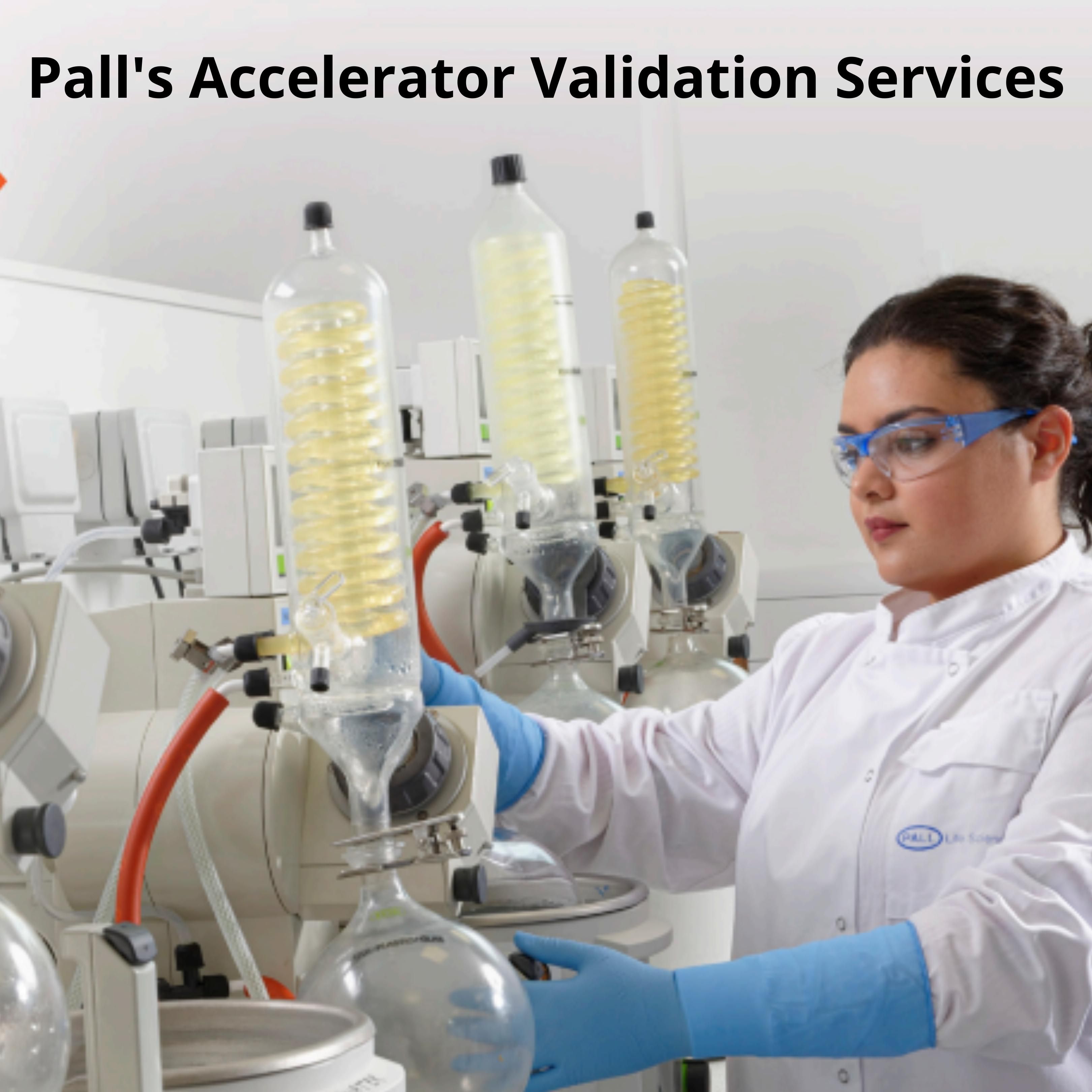The sterile filter study should be done to ensure that the process is valid and can be proven as a sterile Filter. The testing itself includes integrity testing, bacteria retention, qualification testing, and extractable and leachable testing.

Description
With over 40 years of validation expertise, Pall has contributed to the development of many of the current standards relating to critical filter validation and the use of the single-use system. Validation of the performance of critical filters, such as sterilizing grade filtration has been required by many regulatory bodies since the 1990s. Pall has supported this need since conception and has always been at the forefront of establishing best practices and industry guidance.
Due to the regulations, some test should be performed to make sure that the critical sterilizing grade filters are proven. The detail of the test is describe below
Aim of the Service
To prove the suitability of the filter for a process, the following questions must be answered:
-
Does the product affect the filter?
-
Does the filter affect the product?
-
In sterilizing filtration applications, does the product affect microbial retention by the filter?
To achieve these objectives, Pall uses a Parametric Approach to ensure that filtration validation is performed taking into account all critical product attributes and process parameters. This aligns with regulatory expectations and the recommendations of the Parenteral Drug Association (PDA) Technical Report 262.
2 Technical Report No.26, Revised 2008: Sterilizing Filtration of Liquids, Supplement to the PDA Journal of Pharmaceutical Science and Technology, Vol 62, No. S-5, Parenteral Drug Association, Bethesda, MD 2008
Filter Validation Package
Filter validation packages are tailored to meet customer-specific needs and may include some or all of the following:
-
Filter Compatibility Assessment
-
Bacterial Viability / Filter Flush Testing
-
Bacterial Challenge Study
-
Evaluation of Adsorptive Effects
-
Generation of Product Wet Integrity Test Parameters
Filter Compatibility Assessment
Compatibility testing evaluates filter integrity after exposure to “worst-case” fluid and process conditions. The filter is exposed to the process fluid for a specified period under pre-determined conditions that include: simulated filter sterilization conditions, exposure times exceeding the maximum process time, temperatures exceeding maximum process temperature, and differential pressures that exceed process pressures.
Compatibility is determined by comparing integrity test results using the reference fluid. Tests are performed on the filter prior to and after worst-case exposure. A visual examination for damage or deformation is also conducted.
Bacterial Viability / Flush Testing
Many pharmaceutical products are bactericidal. This test verifies the survival capacity of the organism selected for microbial challenge testing, either in the actual product formulation or a suitable product simulant, for the process time. The appropriate methodology is then chosen for the bacterial challenge study.
Bacterial Challenge Study
This study qualifies the ability of a filter medium to produce sterile filtrate in the process. A solution of the product or simulant is inoculated with the challenge organism at a concentration > 1 x 107 viable organisms/cm2 of filter membrane area. The challenge is performed on three filter membranes from different production batches, with at least one having a pre-filtration physical integrity test value at or near the filter production limit.
Evaluation of Filter Adsorptive Effects
It is critical that filters are selected to minimize adsorption and loss of product components. Laboratory-scale filter tests can be used to generate adsorption profiles to help with filter selections and process qualification.
Product Wet Filter Integrity Test Parameters
Filter integrity tests performed on critical filters
immediately before and after batch filtration confirm performance to specification.
In order to optimize processing, it may be more convenient to integrity test
the filter cartridge wet with the product or process fluid.
Pall Validation Services establish filter integrity
test values for process filtration assemblies wet with process fluid. The
values are correlated to a reference fluid-wet value (typically water).
The reference fluid-wet value is correlated to bacterial retention information published in the filter validation guide. Product-wet values are then derived from actual test data, not theoretically calculated values, and correspondingly correlated to bacterial retention.
Post-Use Filter Integrity Test
This is an additional service provided by Pall for customers who lack the equipment, materials, or time to integrity test post-use filters at their facility. Damaged capsule filters or vent filters are shipped to Pall to be integrity tested using Pall’s most advanced automated integrity tester. Upon completion, a final report is provided with details of the test conducted, visual observations, integrity test parameters, test results, and a copy of each integrity test printout.
